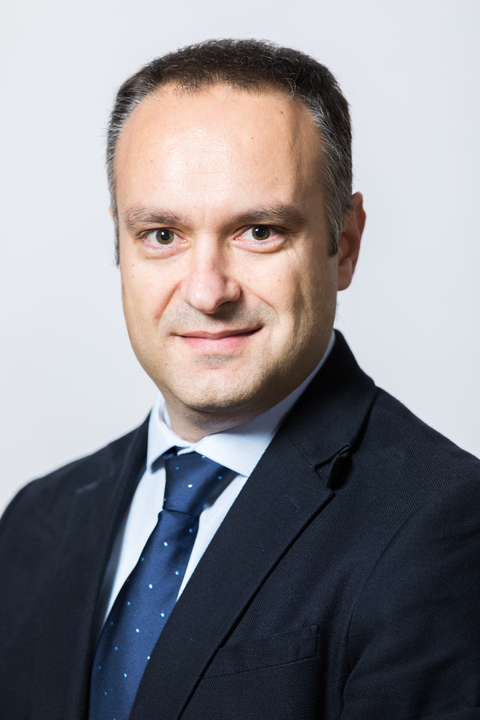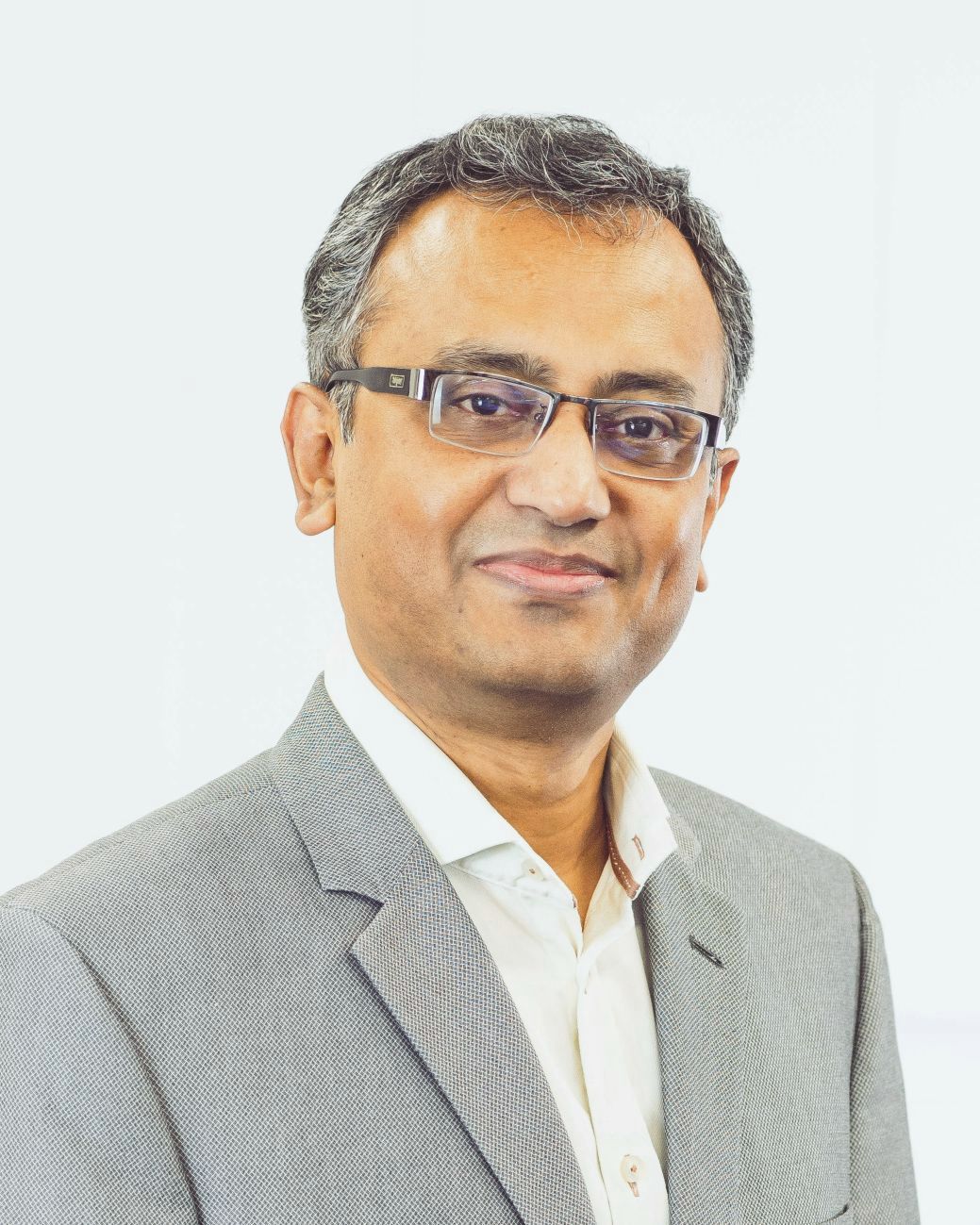
Energy Systems

I am an electrical power engineer by training, holding the Personal Chair of Agile Energy Systems at the School of Engineering of the University of Edinburgh.
As a member of the Institute for Energy Systems I lead the Agile Energy Systems Research Group, conducting interdisciplinary research in the areas of renewable energy conversion and integration, smart grids, and robotics and smart materials for energy applications. Our group currently comprises 9 Doctoral and Postdoctoral Researchers and has already graduated an additional 10 PhDs. Our research has generated ~100 peer-reviewed publications.
My teaching includes courses on renewable energy, power and control engineering and research methods. I have a strong track record in developing and delivering courses and programme curricula at both under- and postgraduate levels.
My administrative roles include the School's Directorship of Internationalisation - Students, responsible for the strategic development and delivery of the School's international academic partnerships, while I am also the founding Programme Director of the MSc in Electrical Power Engineering and the 2-year MSc in Advanced Power Engineering.
- BEng Electronics Engineering, Technological Educational Institute of Crete (TEIC), 1999
- Postgraduate Diploma in Communications, Control & DSP, University of Strathclyde, 2000
- PhD in Electrical Power Engineering, University of Edinburgh, 2005
- Senior Member of the Institute of Electrical and Electronic Engineers (IEEE)
- Member of the Institution of Engineering & Technology (IET)
Control & Instrumentation Engineering 3Course Organiser 3rd Year Mechanical Engineering / Electrical Engineering
Solar Energy & Photovoltaic SystemsCourse Organiser MSc in Sustainable Energy Systems / Electrical & Advanced Power Engineering
Solar Energy Conversion 5Course Organiser 5th Year MEng Undergraduate Programmes
Engineering Research Methods with Grand ChallengeCourse Organiser (2018-2021) Core course for all Engineering MScs
- Power System Modelling
- Distributed Generation
- Renewable Energy
- Smart Grids & Demand Side Management
Since 2018 I have been a Visiting Professor at the China-UK Low Carbon College of the Shanghai Jiao-Tong University, China. I am currently Associate Editor of the IET Smart Grid Journal and Member of the Editorial Board of the MDPI EnergiesJournal. I have also been Guest Editor for the Special Issue on Marine Energy, the Special Issue on Data-Driven Methods in Modern Power Engineering and the Special Issue on Advances in Electrical Power Conversion for Energy, Transportation and Industry Applications of the MDPI Energies Journal.
I am a Senior Member of the IEEE and Member of the IET. I am also an active STEM Ambassador for East Scotland, having organised several events promoting Science, Technology, Engineering and Mathematics to the public and especially primary and high school children, specifically in the areas of renewable energy and robotics.

- PhD in Mechanical Engineering, University of Waterloo, Canada, 2010 Dissertation: Transport Phenomena in Cathode Catalyst Layer of PEM Fuel Cells (Advisor: Prof Xianguo Li)
- MSc in Mechanical Engineering, University of Alberta, Canada, 2003 Dissertation: Electrostatic Double Layer Interactions in Confined and Many-Body Geometries (Advisor: Prof Subir Bhattacharjee)
- MSc in Mechanical Engineering, BUET, Bangladesh, 2001 Thesis: Elastic-Plastic Behaviour of a Circular Rod under Combined Torque and Tension (Supervisor: Prof Abu Rayhan Md. Ali)
- BSc (Hons) in Mechanical Engineering, BUET, Bangladesh, 1998 Thesis: Experimental and Theoretical Investigation of a Solar Water Heater (Supervisor: Prof Md. Imtiaz Hossain)
Editorships Associate Editor in Electrochemical Engineering, Frontiers in Chemical Engineering (2022–date) Associate Editor, Journal of Electrochemical Energy Conversion and Storage (2021–date) Associate Editor in Fuel Cells, Electrolyzers and Membrane Reactors, Frontiers in Energy Research (2020–date)
Guest Editor for the special issue: Multiphysics, Multiphase, and Multiscale Modeling and Characterization of Porous Media in Electrochemical Energy Systems, Frontiers in Energy Research (2023) Lead Guest Editor for the special issue: Battery Management in Electric Vehicles: Current Status and Future Trends, Batteries (2022–2023) Lead Guest Editor of a special issue on Advanced Energy Materials and Research, Energies (2020–2021)
Editorial Board Member for section Battery Performance, Ageing, Reliability and Safety, Batteries (2022–date) Editorial Board Member of Renewable and Sustainable Energy (2022–date) Editorial Board Member for section D1: Advanced Energy Materials, Energies (2019–2023) Editorial Board Member for section Inventions and Innovation in Energy and Thermal/Fluidic Science, Inventions (2018–date)
Advisory Board Member, Challenges, MDPI (2020–date)
- Thermodynamics 4
- Professional Issues for Mechanical Engineers 3
- Sustainable Energy Systems Dissertation
- Mechanical Engineering Project 4
